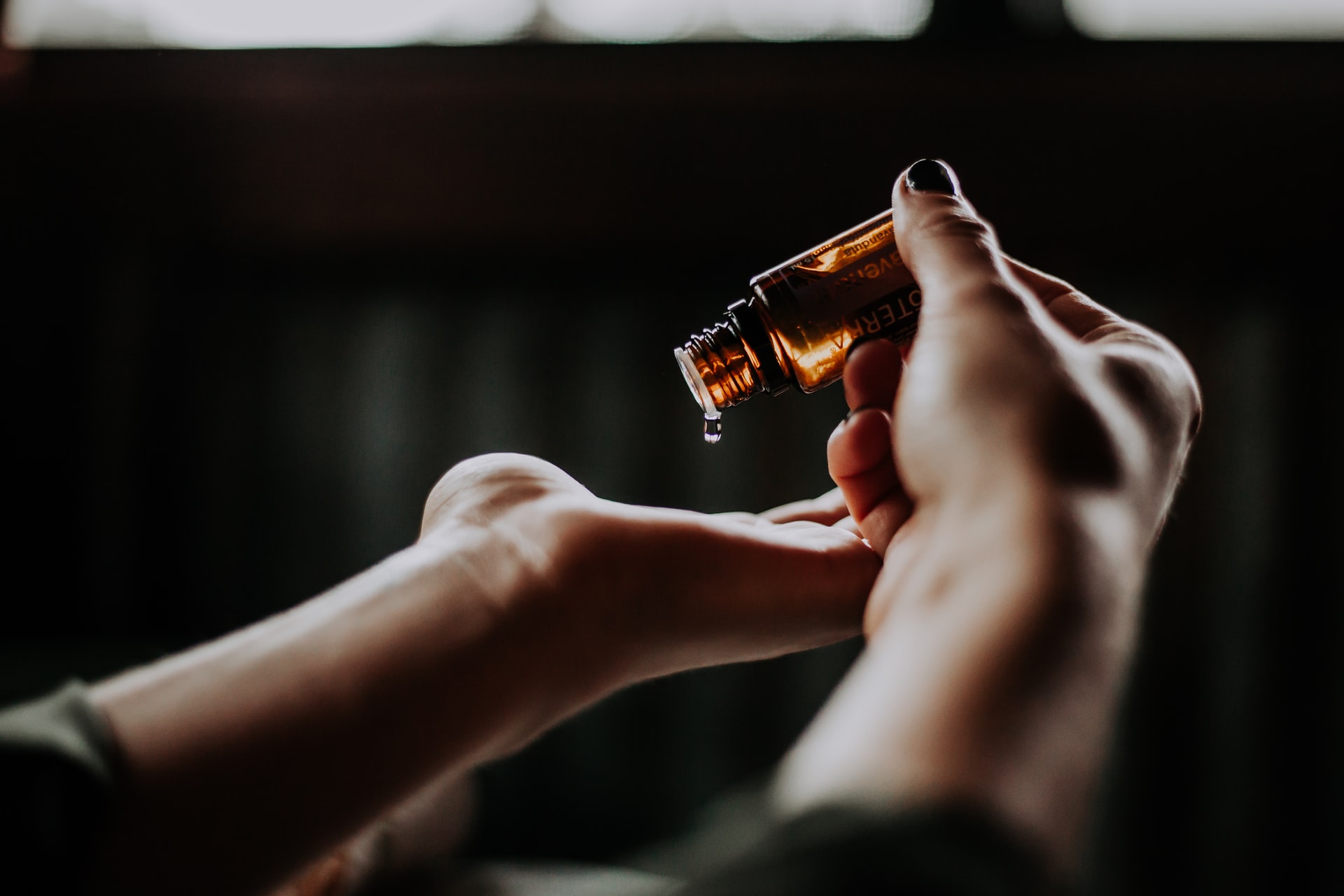Herbal Treatments are one of the first forms of holistic health and wellness that humans have developed. By incorporating herbs and plants that naturally operate in synergy with our bodies.
Our bodies were created to exist in harmony with nature. This is why it’s unsurprising that herbal medicine is one of the first forms of human health and wellbeing assistance.
HERBALISM IS AN ESSENTIAL PART OF EVERY CULTURE.
When I first became aware of herbalism and complementary medicine. I was captivated by herbalism’s rich history and cultural significance in our lives.
For example, fennel and anise are frequently used in Italian culture to help ease an upset stomach and aid with digestion. While this tradition has always been natural to my culture until I gained a greater understanding of herbalism. Turmeric is a prevalent ingredient in a variety of traditional meals and is frequently used in Ayurvedic medicine to aid in the decrease of inflammation.
However, even before evidence-based studies on turmeric’s beneficial properties existed. Often, if we look at traditional culinary cultures and the ways in which people have embraced a holistic approach, we will see this. To heal for millennia, we shall discover that herbalism has been at the heart of it all in numerous ways.
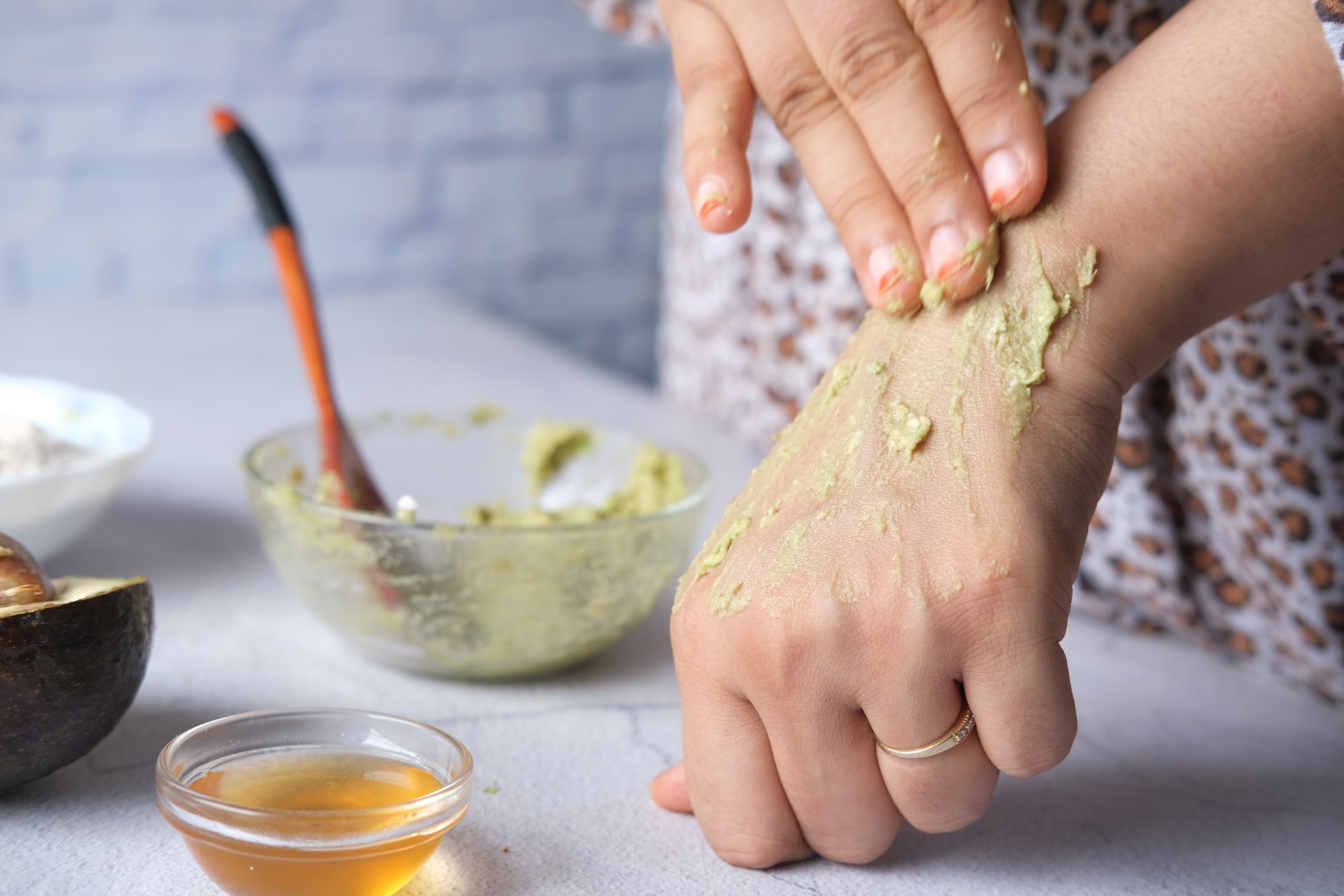
WHY IS SUSTAINABLE SOURCING SO IMPORTANT?
When it comes to sourcing herbs for culinary or nutritional/health supplementary purposes. It is critical that you pay close attention to the source of your herbs. Because herbs are frequently utilized to promote health. Ideally, choose herbs that you can produce yourself (particularly for culinary usage) or that may be purchased locally.
However, because this is not always possible, ensure that your herbs for cooking are sourced from farms or companies. You can rely on, and herbal nutrition/health products from reputable companies such as:
A new chapter dedicated to sustainable agriculture, organic farming, and the ethical and fair treatment of farm employees. Because the primary reason you’re incorporating Herbal Treatments is to promote your health. You want to ensure that the food you consume is as healthy as possible for your body (and for the planet).
Herbal Treatments Principles
In addition, holistic medicine is premised on the idea that the most potent healer is unquestioning help and affection, and that each individual is wholly accountable for their possess well-being and state of health. Holistic medicine also incorporates the following precepts:
- Everyone is born with the ability to heal themselves.
- The patient is a living, breathing human being, not a medical condition.
- Healing is a collaborative effort involving both the patient and the doctor, and it takes into account all elements of a person’s well-being.
- Treatment entails addressing the underlying cause of the problem rather than simply tackling the problem.
HEALTH IN A HOLISTIC MANNER:
Holistic health is frequently defined as a method of healing that takes into account the entire person: body, mind, and spirit. This type of holistic healing frequently incorporates a number of complementary and alternative medications and healthcare methods.
This can complement contemporary western treatment and improve the mind-body link. Several of the most prevalent types of holistic health alternative therapies include the following:
- herbalism
- massage
- yoga/meditation
- acupuncture
- bodily treatment
- nutrition that is holistic
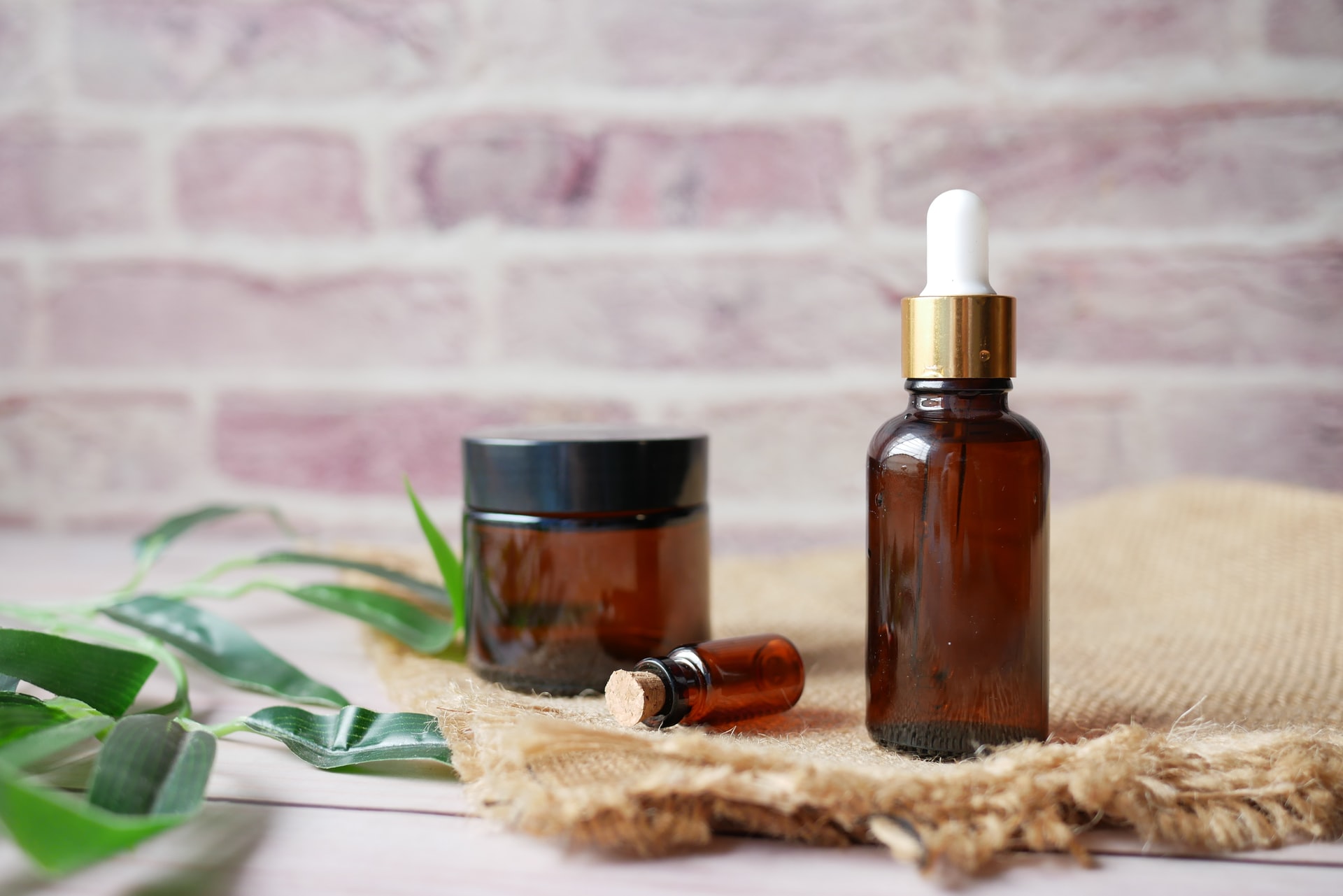
HERBALISM & HERBAL MEDICINE: HERBALISM & HERBAL MEDICINE:
As I mentioned previously, herbalism (also known as herbal medicine) is a form of medicine. Is one of the oldest types of medicine, stretching back thousands of years, and can be found in Chinese, Ayurvedic, and other systems of medicine.
Herbalism is defined as:
The study and application of plants for medical and therapeutic purposes. While herbalism has been employed throughout medicine’s history. It is now regarded as complementary and holistic medicine.
SUPPORTING HEALTH AND WELL-BEING WITH HEALING HERBS:
If you’re ready to begin adding more herbs into your everyday life in order to promote holistic Herbal Treatments, click here. The following five herbs are excellent starting points. As I indicated previously, the source of your herbal items is critical.
Because New Chapter maintains extraordinarily high standards for sourcing and is committed to supporting local businesses. Obtaining herbs and plants sustainably from the locations where they thrive.
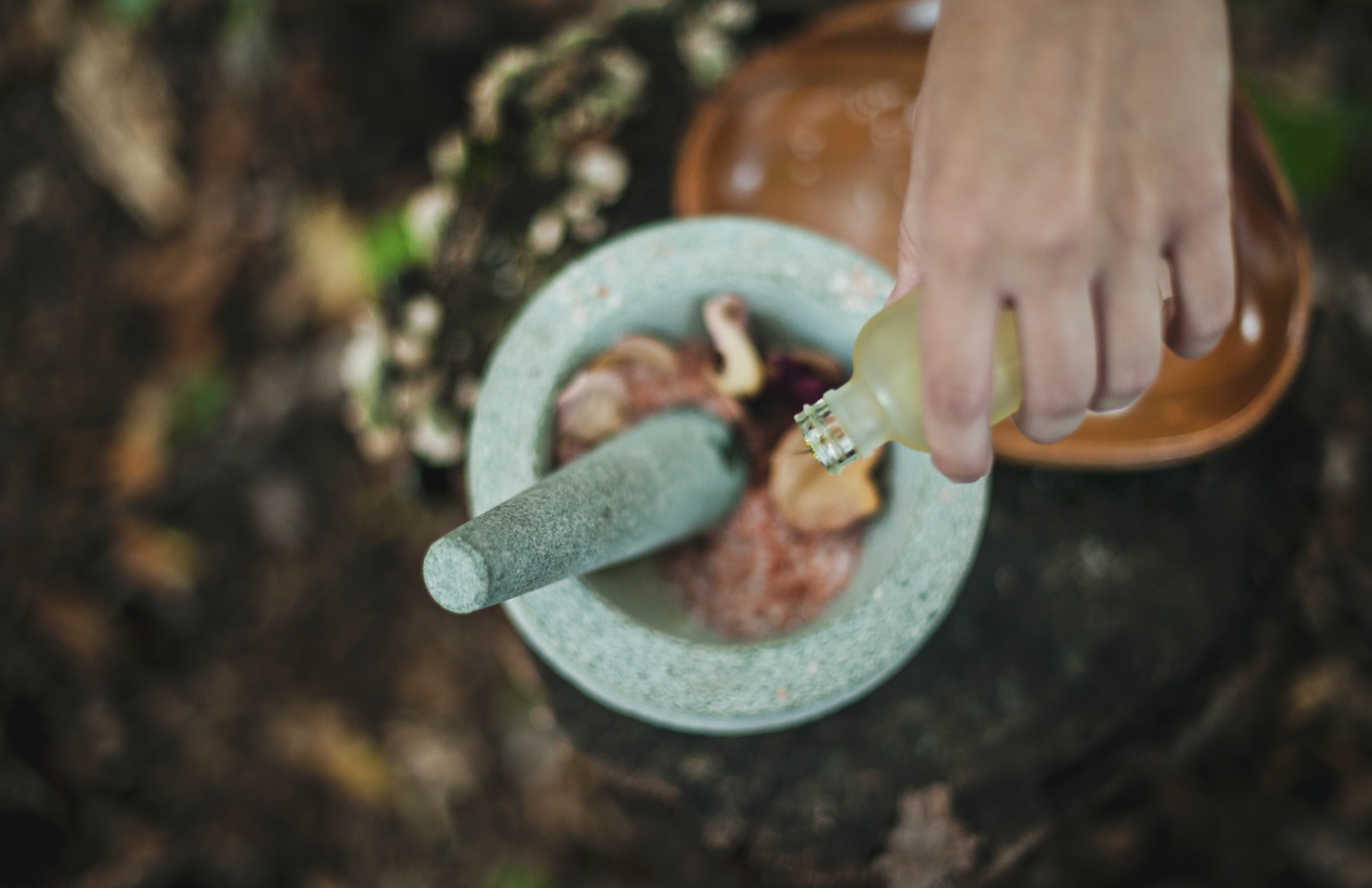
ELDERBERRY:
Elderberry is one of the most beneficial herbs for immune support. Has been extensively examined for its efficacy in lowering the length and severity of colds.
I frequently prescribe Elderberry as a natural herbal supplement for immunological support. I appreciate that it is a safe substitute for cough syrup.
BASIL HOLY:
Holy Basil, often known as Tulsi, is believed to enhance cognitive performance and alleviate stress. It was first presented as a medicinal herb in Ayurvedic medicine. Considered one of the most effective adaptogens for lowering stress and inflammation in the body. Holy Basil also functions as an antihistamine, making it an excellent choice if you are feeling a high level of histamine or inflammatory symptoms.
BALM OF LEMON:
Lemon Balm is an excellent plant that is easy to produce at home and may be used in cooking or as a supplement. Lemon Balm is most frequently utilized as a potent antioxidant that aids in the body’s protection against oxidative stress. It promotes a strong immune system and a stable mood.
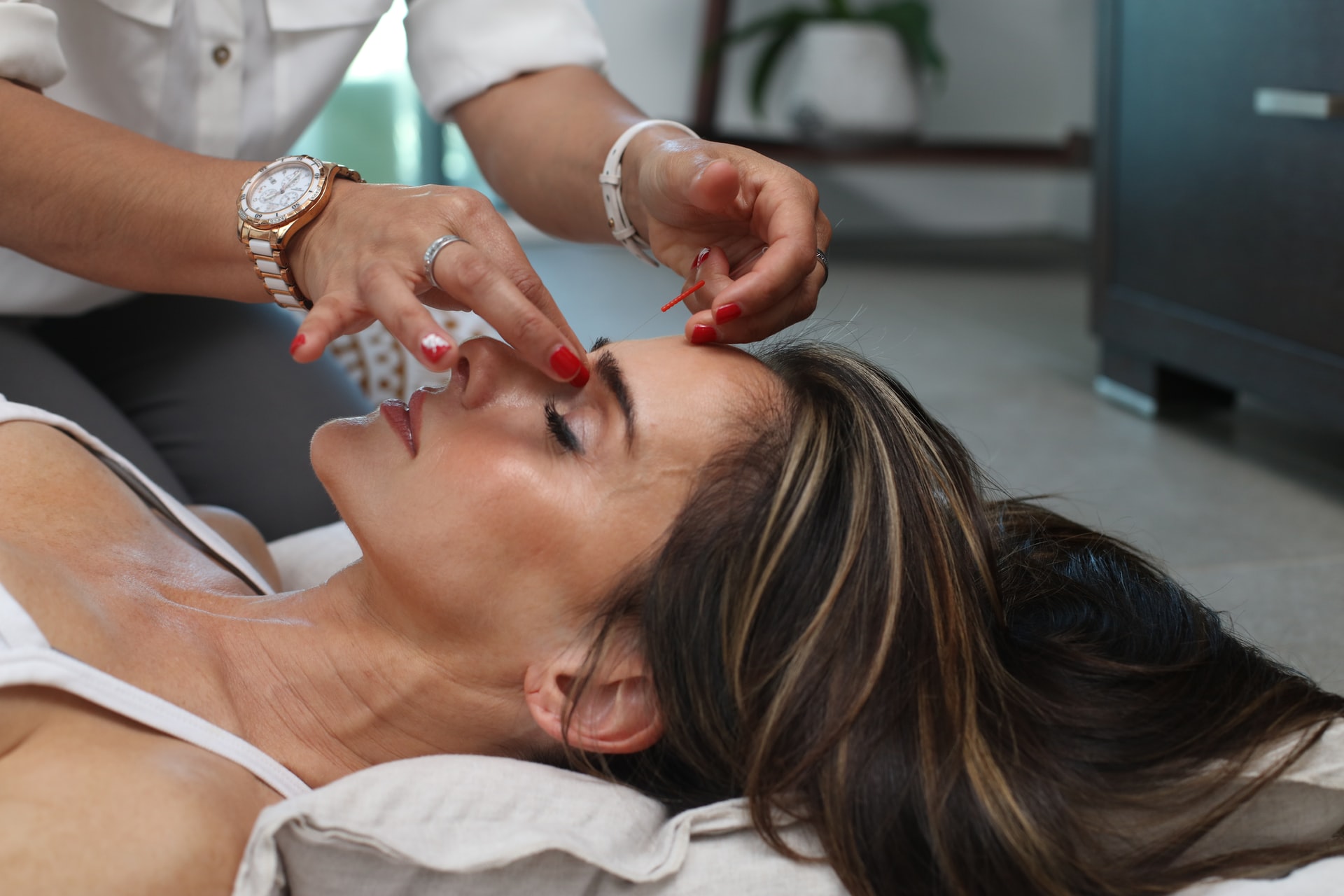
RHODIOLA:
It is a remarkable herb that can be used to aid in the management of the effects of stress on the body and to promote enhanced energy and stamina. Rhodiola is considered an adaptogenic herb.
Rhodiola can be quite beneficial during long periods of stress or sleep disruption. It can assist in rebalancing a person’s mood and restoring energy that has been depleted. Therefore, for people who may be having difficulty managing their tension. Rhodiola may be a good herb to use in conjunction with other stress-reduction lifestyle adjustments.
GINGER:
While most people are familiar with ginger, they may not have considered it to be the miraculous herbal healing treatment that it is. Ginger is frequently used in Asian and Indian cuisines and is well recognized for its digestive benefits. which is why ginger is frequently used as a primary ingredient in digestive teas.
Additionally, ginger has been shown to benefit cardiovascular health. Promote a healthy immune response, making it an excellent complement to use in cooking and as a supplement as needed.


